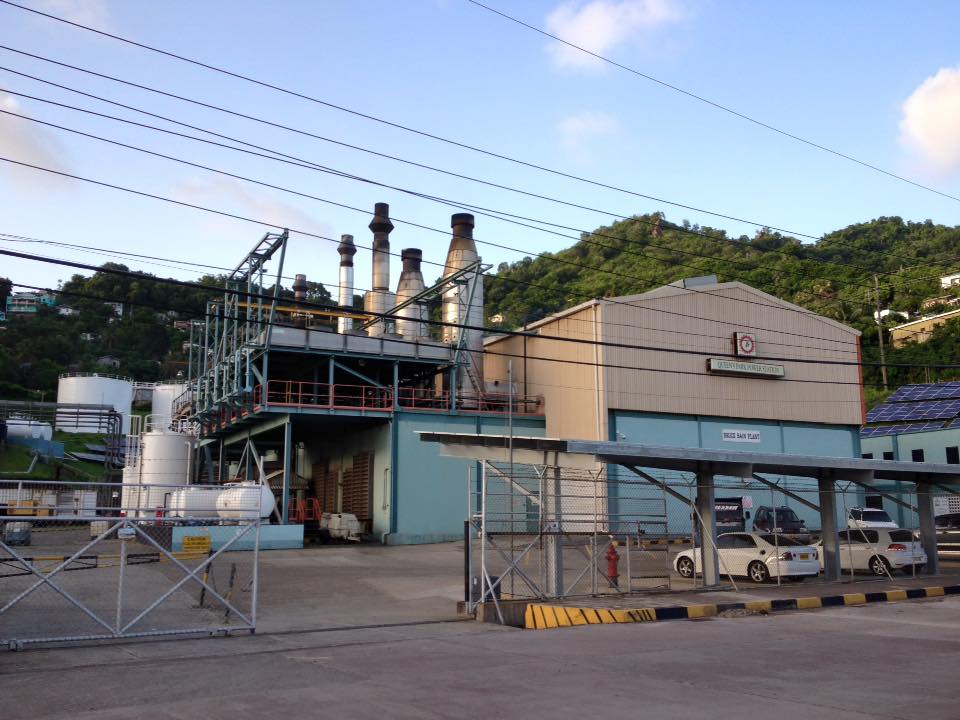National Energy Agendas of Belize and Grenada

Versión en español no disponible.
By appointment of the Latin American Energy Organisation (OLADE), ESENERG collaborated with the Governments of Belize and Grenada in the elaboration of their National Energy Agendas, based on the Energy Planning Manual of OLADE and the Guidebook for the Formulation of Energy Policy elaborated by ESENERG.
The project was realised between March 2016 and May 2017, and included two mission to each country. The main counterparts were the Energy Unit of the Ministry of Public Service, Energy and Public Utilities of Belize, and the Energy Division of the Ministry of Finance and Energy of Grenada, respectively.
Based on the energy diagnostic prepared by OLADE, the first mission served to review – in stakeholder workshops – the national energy policy, and to collaboratively realise an analysis of the strengths, weaknesses, opportunities and threats of the energy sector and its sub-sectors, which were defined as: electricity, hydrocarbons, renewable energy and energy efficiency. Based on this SWOT analysis, the National Energy Agenda was developed, identifying general and specific objectives and strategic lines for each sub-sector and for the energy sector as a whole.
General objectives identified in both countries included: Governance, Sustainable Development, a Sustainable Energy Matrix, Energy Efficiency, Energy Access and Affordability and Energy Security, along with specific objectives for each sub-sector.
According to the methodology developed by ESENERG in the Guidebook for the Formulation of Energy Policy, strategic lines were identified by confronting threats and opportunities to weaknesses and strengths, resulting in survival, defensive, offensive and adaptive strategies.
The entirety of objectives and strategic lines constitutes the proposed guidelines for the National Energy Agenda.
In the case of Belize, the analysis gave rise to the following key recommendations:
- Good governance, which includes the strengthening of institutions and improved coordination among Government entities, is key to achieve Belize’s sustainable development goals in the energy sector.
- The electricity subsector should build on existing strengths, improve resilience, foster regional integration and rethink the role of the regulated utility, in order to extend its scope of activities.
- The hydrocarbons subsector apparently reached a decision point with regard to domestic petroleum production and exploration. The subsector should develop a strategy to actively face threats and to evaluate alternative paths of development, which could include a transition to alternative fuels and balancing of economic interests and environmental concerns.
- Regarding renewable energy, the Government should apply improved and new instruments to expand the participation of renewable energy in the whole energy economy and thus accelerate the transition to a low carbon energy system.
- In the field of energy efficiency, the Government should benefit from the expertise of other countries and in particular seek further synergies with the experience of CARICOM, SICA and Mexico, in order to undertake first steps and develop a momentum to tap the potential to save energy and improve energy efficiency in all sectors of the economy.
In the case of Grenada, the main strategic lines identified include:
- To enact a stable legal framework to provide a positive climate for trade and investment and consumer protection.
- To strengthen the public sector to formulate policies and to facilitate regulation, planning and monitoring processes in the energy sector, including the development of human resources.
- To promote regional energy integration, creating synergies to support sustainable development.
- To promote the exploration and exploitation of hydrocarbon reserves with social and environmental responsibility.
- To promote renewable energies, by adequate regulation and incentives, taking advantage of international cooperation programmes.
The recommendations were presented to Government entities and stakeholders of each country in «National Energy Plan Guidelines» workshops.
For more information, please contact Dr Victorio Oxilia, Dr Gerardo Blanco or Wolfgang F. Lutz of ESENERG.
June 2017
